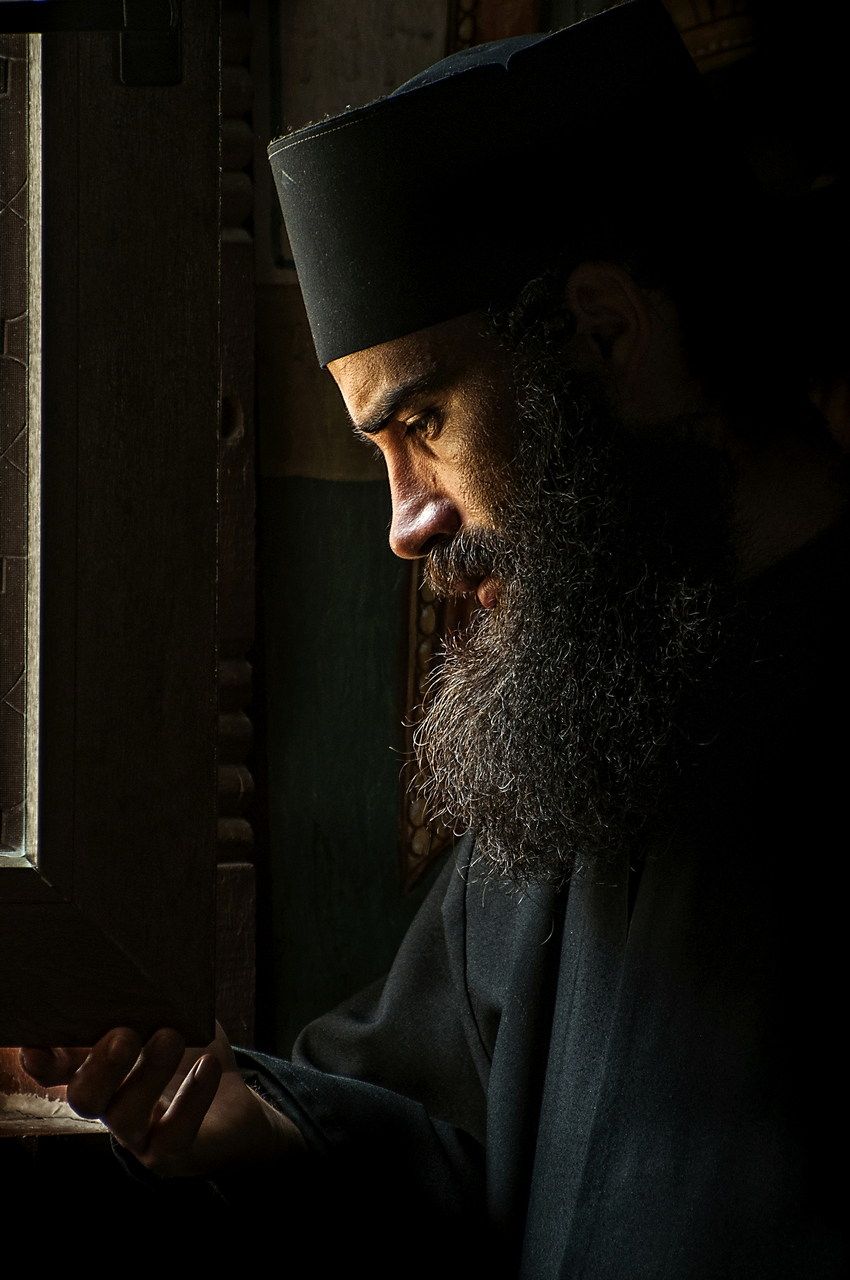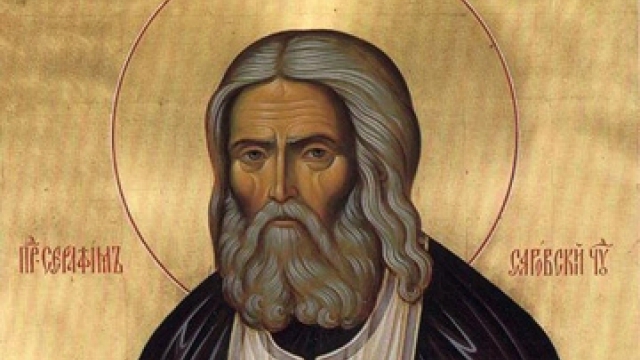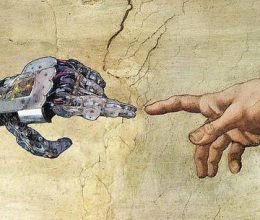As we previously mentioned, the question of God’s existence fades away entirely. Rather than being answered theoretically or intellectually, it is replaced by the experience of His grace and presence. When someone lives in union with God, they no longer require logical proof of His existence. The presence of God in one’s life bears fruit through the reception of certain gifts, such as: reading hearts, foresight, discernment, knowledge, and the ability to work miracles. Although a person remains human, retaining the characteristics of their personality, they display virtues and abilities that are not only unusual but also divine.

By surrendering their own will, they align it with God’s will; by conforming their thoughts to the mind of God, they become capable of receiving divine strength. This person transcends time and can even perceive future events—this is the gift of foresight. They may meet you for the first time, yet know your name and your past—this is the ability to see into human souls. They reveal what will benefit you spiritually. They may offer a remedy for an incurable illness, bringing healing not only to the body but also to the soul. They help fulfill your needs, sometimes even without your knowledge. Such a person reveals God to you and shows you the path to Him, even influencing the course of events.
All of this occurs with great gentleness and care, without any display intended to satisfy curiosity or feed human ego. On the contrary, it reveals the glory of God and testifies to His presence. In the presence of such a God-like person, one cannot help but confess that God is alive. As a result, your entire worldview shifts. You are no longer disturbed by the world’s imperfections, nor are you frustrated by its unknowns or complexities, for its reality aligns with its purpose and meaning. This state surpasses the natural realm—it is holiness, and it is called deification.
All of this can be truly understood only if we come to the conclusion that humanity’s ultimate goal is not technological advancement but personal sanctification—union with God. The greatness of a person lies not in what they can achieve, but in what God manifests through them. Deification is not only the most profound path to transcendence, but it is also the only path to true life. In the state of deification, everything is transformed. The humble become exalted, the last become first, death becomes life, the poor become rich, the persecuted are blessed, our enemy becomes our benefactor, the one who has nothing possesses everything, and the person who appears foolish or sick may, in fact, be wise or strong. A slave becomes a free man.
To enter the realm of deification, we must deny ourselves and take up our cross. In order to save our life, we must lose it—that is, we must sacrifice ourselves, even to the point of death.
As we mentioned earlier, the greatest enemies of the human being are the ego, death, and time. The ego gives rise to passions, death awakens fear, and time leads to a distorted, short-sighted perception of life, limiting our ability to grasp the depth of the mystery of existence. The deified person, however, is sanctified, liberated from passions, and begins to live eternity even in the present moment.
To illustrate such a sacrificial and deified way of life, I would like to present two examples. The first comes from the life of the beloved Russian saint, St. Seraphim of Sarov. A Russian man named Motovilov describes an encounter with St. Seraphim in his personal journal, where they discussed the state of deification, specifically the acquisition of the Holy Spirit. Struggling to comprehend the concept, Motovilov recorded the following dialogue:
“I do not understand how I can be certain that I am in the presence of the Spirit of God. How can I know for sure that He truly dwells within me?”
At that moment, St. Seraphim grasped him firmly by the shoulders and said:
“In this very moment, my son, we are both in the Spirit of God. Look at me!”
Motovilov responded:
“I cannot look at you, Father, because your eyes shine like lightning! Your face has become brighter than the sun, and my eyes cannot bear the pain.”
St. Seraphim replied:
“Do not be afraid, beloved of God! You too have now become radiant. You are in the fullness of the Spirit of God, otherwise you would not be able to see me as I am now.”
Then, leaning closer to Motovilov’s ear, St. Seraphim whispered:
“Let us give thanks to our Lord for His inexpressible mercy toward us. I prayed silently in my heart, saying, ‘Lord, grant him the grace to see Your presence with his bodily eyes,’ and behold, the Lord has fulfilled the humble prayer of poor Seraphim.”
Motovilov continued:
“When I looked at his face again, I was overcome with even greater reverence and awe.”

Imagine standing at the center of the sun, immersed in the blinding light of its midday rays, and there before you is the face of a person addressing you. You see the movement of his mouth, the shifting expressions in his eyes, and you hear his voice. You even feel his hands gripping your shoulders. And yet, you cannot see his hands or his figure, nor even yourself—only a brilliant radiance extending for several meters around you.
“How do you feel now?” asked St. Seraphim.
Motovilov answered:
“I feel such peace, such tranquility in my soul that no words can describe it.”
“And what else do you feel?”
“A profound joy in my heart.”
St. Seraphim continued:
“This joy that has come to us now is fleeting and small. What else do you feel, beloved of God?”
Motovilov replied:
“An extraordinary warmth. We are sitting outside in the forest, in the midst of winter, with snow beneath our feet and falling upon us, and yet I feel warmth. How can this be?”
St. Seraphim smiled:
“And the fragrance? We have now entered into the sweet fragrance of the Spirit of God. As for the warmth, the ascetics would warm themselves in this way and not fear the cold winter. They were clothed, as if in fur coats, with the grace of the Holy Spirit.”
Motovilov concluded:
“When I left, St. Seraphim remained in the same place where our conversation had taken place, enveloped in that ineffable light that I had seen with my own eyes.”















